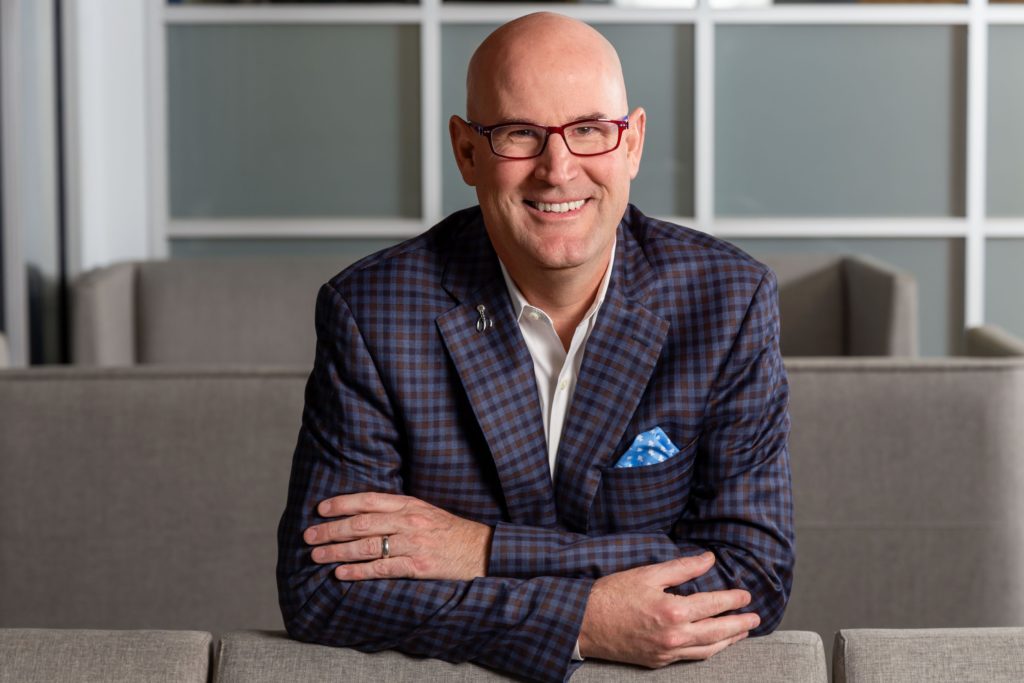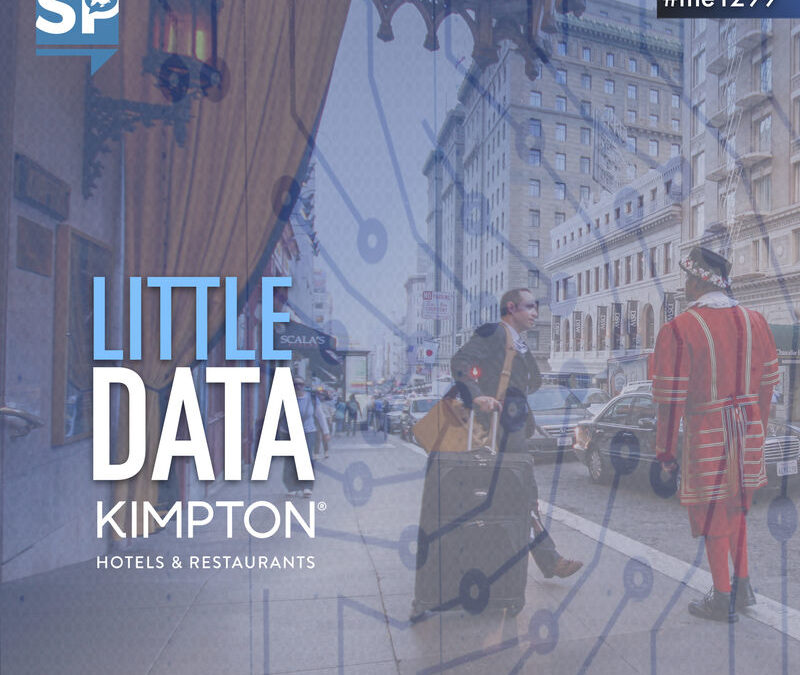Are you leveraging Little Data like Kimpton Hotels & Restaurants to create a differentiated experience (DX)?
Little data is a collection of information on individuals or smaller groups of customers. Rather than using this data to spot a trend, companies use the data to deliver a more personalized experience.
EXAMPLE: the manager at a restaurant knows a customer’s favorite table.
EXAMPLE: a car rental company that knows a customer likes a four door, midsize.
The data or information the company has acquired about the customer is specific and is used to enhance the individual experience.
In the Foreword for Blue Goldfish, Shep Hyken shares how Kimpton leverages little data. Their 76 hotels in 50 cities focus on the individual guest versus their customers en masse. They zero in on individual customer needs and preferences in an attempt to give the customer an experience that is exactly what he or she wants.
The payoff?
According to industry reports, Kimpton has some of the highest satisfaction rates in the industry. Because of BIG DATA, they know the typical guest who stays at their hotels. And, once the guest is there, they have a system that takes advantage of “little data” and allows employees to individualize the guest’s experience.
Follow me on Twitter or LinkedIn.

Stan Phelps walks the walk. He stands out in the sea of sameness by modeling his own Differentiated Experience (DX) message: Differentiation isn’t just about what you say, it’s about what you do and, more importantly, how and why you do it. Stan leverages his unique collection of 5,000+ case studies on customer, employee, and brand experience to engage audiences with informative learning-based experiences. He believes purposeful DX wins the hearts of employees and customers, and differentiation ultimately boosts loyalty, retention, referrals, and results.
Find Stan’s in-person and virtual keynotes, workshops, and Goldfish tank programs at StanPhelps.com.

